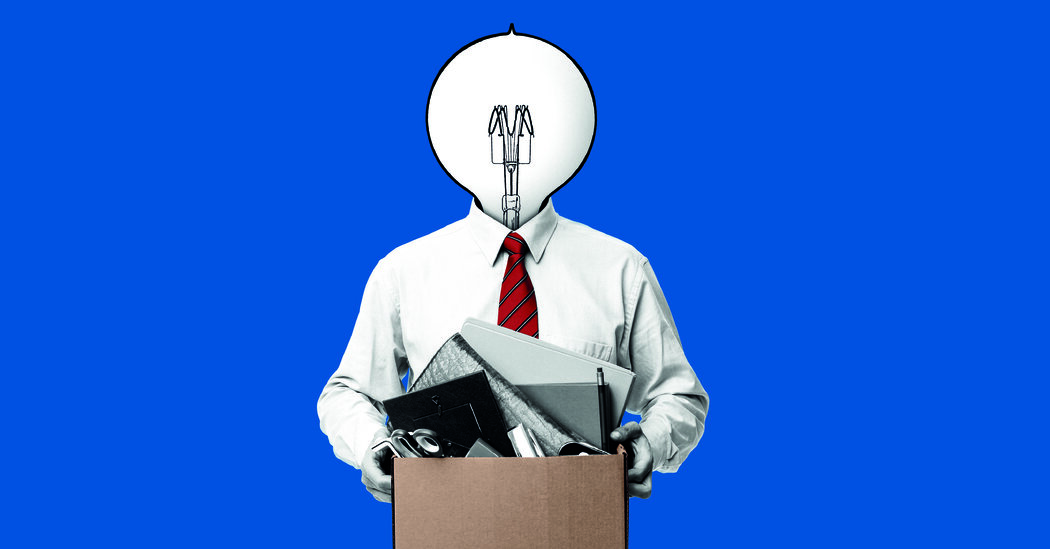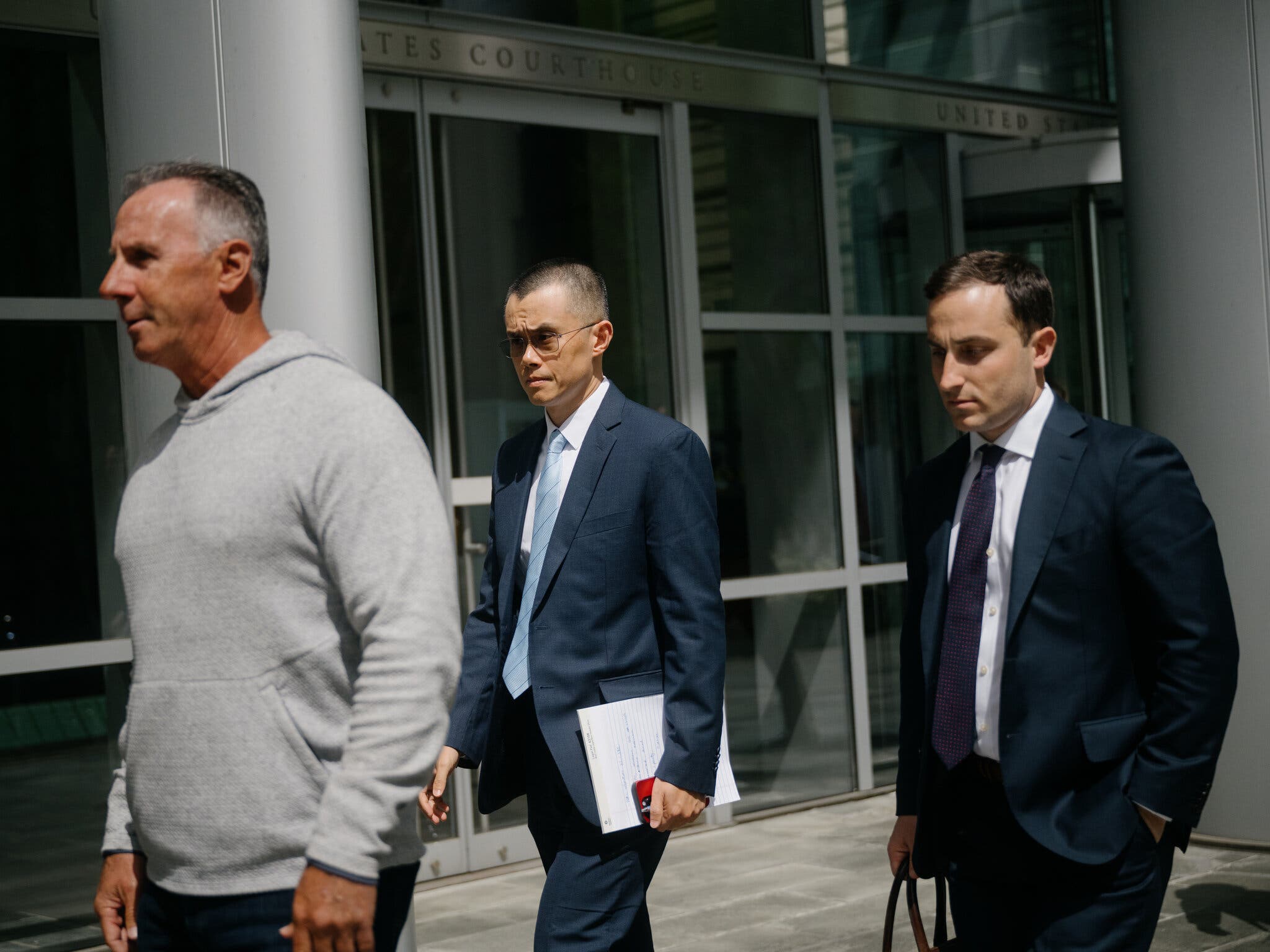Unemployment Challenges for College Graduates
The unemployment rate for college graduates has increased faster compared to other workers over recent years. Starbucks’ announcement of laying off over 1,000 corporate employees exemplifies a broader trend where white-collar workers face a sharper rise in unemployment and slower wage growth. This situation fuels the ongoing debate among economists about whether these job losses are temporary or indicative of more permanent changes in the workforce due to factors like the pandemic’s economic effects and advancements in artificial intelligence. The job market remains strong historically, but there’s concern about shifts in white-collar jobs and challenges for workers in industries like video games and finance, which have experienced layoffs. Factors such as wage stagnation, changes in job requirements, and the impact of AI are central in understanding the evolving job landscape for educated workers.
Unemployment Trends Among College Graduates
The challenges facing college graduates go beyond just the unemployment figures and delve into the broader implications of these economic shifts. The growing trend of automation and artificial intelligence transforming the labor landscape raises concerns about the future relevance of certain skill sets that were once considered secure. As companies streamline operations and leverage technology to increase efficiency, workers with college degrees may find themselves having to adapt to new roles that require different competencies or face the risk of being left behind. The shift in job requirements and the potential obsolescence of some traditional white-collar positions might necessitate a reevaluation of educational curriculums and professional training programs to ensure that graduates are equipped with the skills needed for the evolving job market. Additionally, as government spending on education and research contracts, the support structures that have traditionally bolstered opportunities for college-educated individuals might weaken, leading to increased uncertainty and competition in these sectors.
Impact of Video Game Industry Layoffs
Amidst these changes, some industries are starting to pivot and adapt. The healthcare sector, for instance, has seen a rising demand for skilled professionals as the population ages and healthcare needs grow. Although technology does play a significant role in this field, the human element remains crucial, offering a degree of job security that might be lacking in more tech-centric professions. Furthermore, some colleges and universities have begun to tailor their programs to align more closely with these evolving job market needs, emphasizing skills that remain in demand and can resist automation, such as critical thinking, creativity, and complex problem-solving. By doing so, educational institutions aim to better prepare graduates for the uncertainties of the modern labor landscape, ensuring that they can adapt and thrive despite the looming shifts in the economy.
Rapid Advances in Artificial Intelligence
While some may view the current rise in unemployment for college graduates as a minor fluctuation, others see it as indicative of deeper issues in the labor market. With technological advancements continuing to automate tasks traditionally performed by white-collar workers, including those requiring a college degree, the demand for these roles might diminish further. Moreover, shifts in federal government priorities under President Trump, particularly cuts affecting sectors reliant on government funding such as education and scientific research, have sparked concerns about sustained impacts on employment levels in these fields. As companies pursue cost-saving measures and increase reliance on artificial intelligence, the implications for white-collar jobs could be significant and lasting. These developments suggest that while short-term data may not yet show a drastic change, the longer-term outlook warrants attention, especially for those entering the workforce or considering their future career paths.
Potential Implications of Government Spending Cuts on Employment
In conclusion, while the current unemployment trends among college graduates are concerning, they may not necessarily indicate a permanent shift. Various factors, including economic responses to the pandemic, advances in technology, and changes in federal government policies, contribute to this complex situation. Though the uptick in unemployment for this group is only slightly larger than the general increase, it remains low by historical standards. The evolving job market will require adaptability and vigilance to navigate this uncertain landscape, as the true long-term impact on white-collar employment and the value of a college degree continues to unfold.















Post Comment